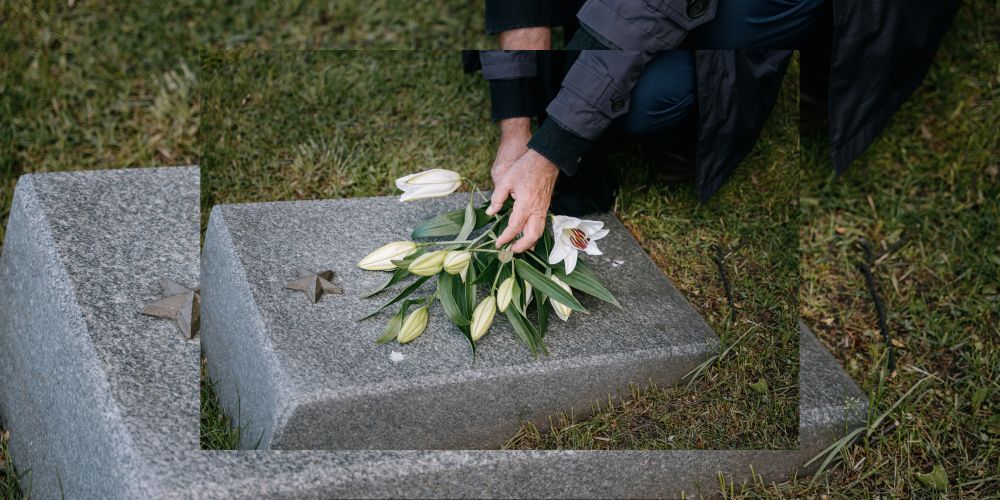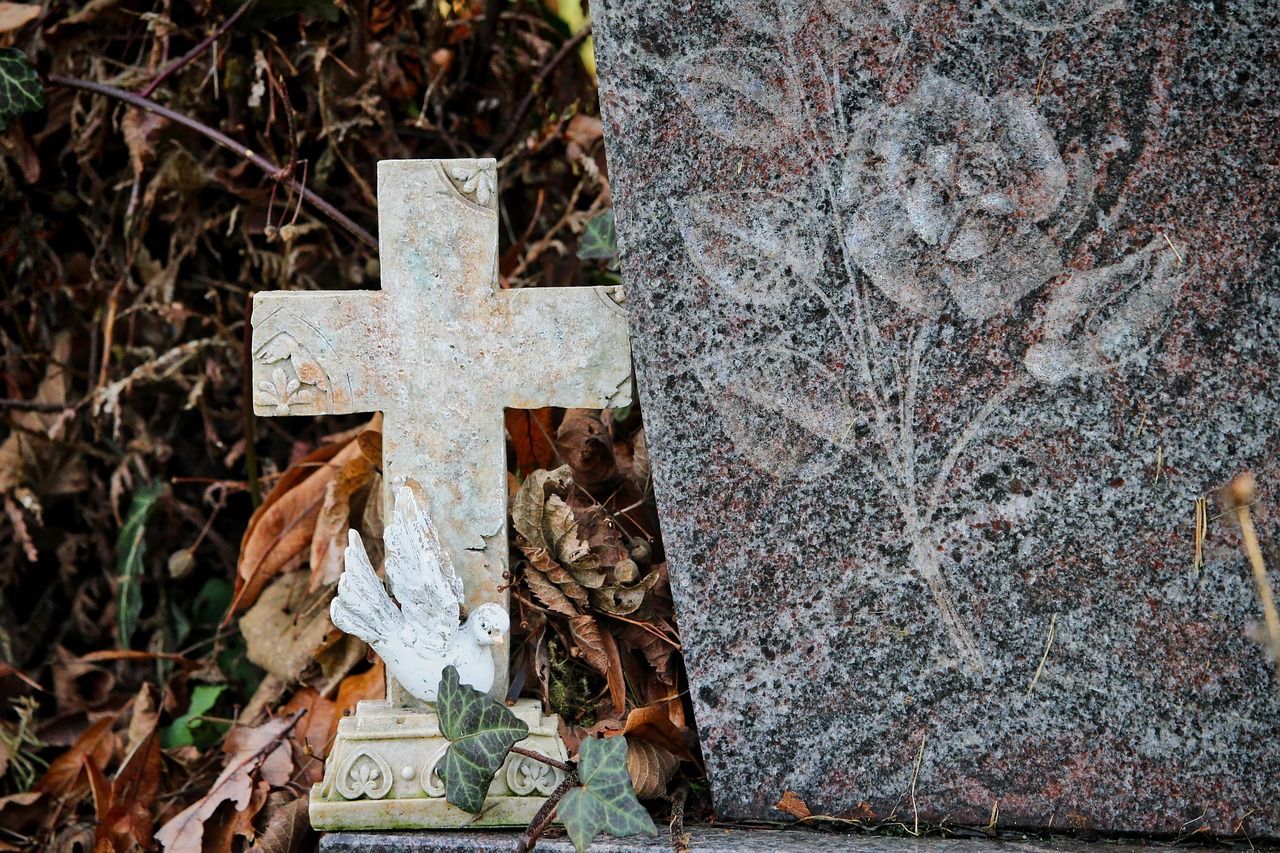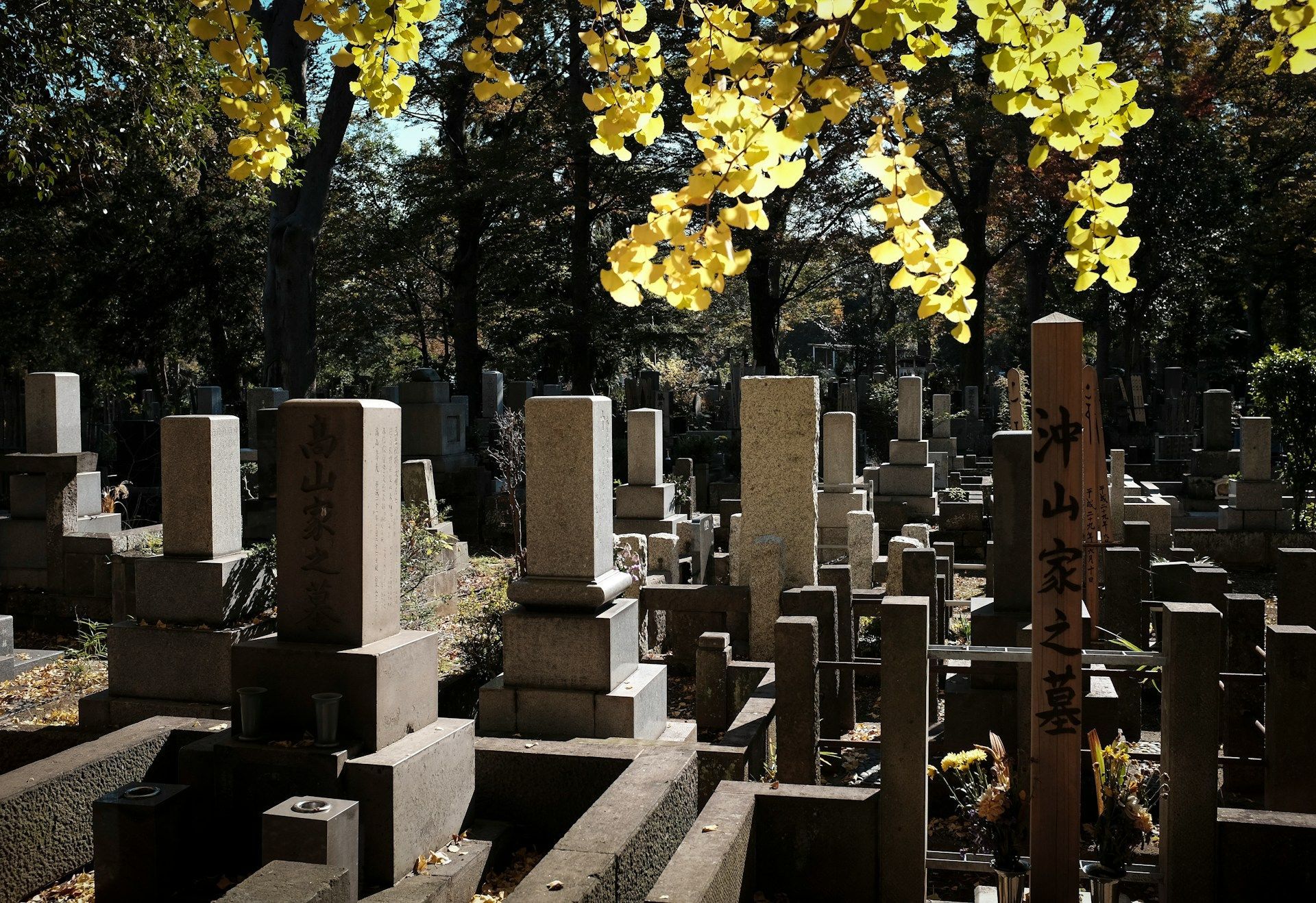Planning a Funeral: Steps After the Loss of a Loved One

The loss of a loved one can bring overwhelming emotions and sudden responsibilities. In such moments, families are often unsure of where to begin. Planning a funeral requires thoughtful decision-making during a time of grief, and many families turn to funeral homes in Edinburg, TX for trusted guidance. Understanding the essential steps after a loved one passes can help ease the burden and provide clarity in a time of uncertainty.
Step 1: Notify the Appropriate Authorities
The first step depends on where the death occurs. If it happens in a hospital or nursing facility, staff will typically take care of the formal pronouncement. If the death occurs at home or outside a medical setting, a local coroner, hospice nurse, or emergency medical personnel must be contacted to legally pronounce death.
This legal step is required to begin the process of obtaining a death certificate, coordinating transport, and moving forward with final arrangements.
Step 2: Contact a Funeral Home
Once the death has been pronounced, families should contact a funeral home. Funeral directors are trained to assist with every part of the planning process—from transporting the deceased to helping families understand their options.
The funeral home can guide families through:
- Making arrangements for burial or cremation
- Filing necessary paperwork
- Coordinating with clergy or celebrants
- Setting a date and location for the service
Choosing a funeral home early on brings peace of mind and ensures that all arrangements are handled with professionalism and care.
Step 3: Secure the Death Certificate
A certified death certificate is required for numerous legal and financial tasks, including settling estates, insurance claims, and pension benefits. Most funeral homes will assist with completing and filing the certificate with the appropriate authorities.
Families should request multiple certified copies—at least 10—to use for various official purposes such as:
- Banking and financial accounts
- Social Security
- Veterans affairs
- Life insurance policies
Step 4: Review Any Pre-Arranged Plans
If the deceased had previously arranged or prepaid for funeral services, it is important to notify the selected funeral home as soon as possible. Pre-planned funerals often include burial or cremation preferences, specific service details, and financial arrangements that will guide the planning process.
In the absence of pre-arrangements, families will need to make choices based on the individual’s known wishes or in consultation with close relatives.
Step 5: Choose Between Burial and Cremation
A fundamental decision involves selecting between burial and cremation. While both are meaningful, personal choices, each requires different preparations and may align with different cultural or religious beliefs.
Burial considerations include:
- Choosing a cemetery and purchasing a plot
- Selecting a casket and burial vault
- Planning a graveside service
Cremation considerations include:
- Selecting an urn or scattering option
- Deciding whether to hold a memorial service before or after cremation
- Discussing placement in a columbarium or burial of ashes
Funeral directors can explain each option, helping families make informed decisions that reflect their values.
Step 6: Plan the Funeral or Memorial Service
The funeral or memorial service is a time to honor the deceased and support one another in grief. The service can be held in a place of worship, at the funeral home, at a cemetery, or even in a family home.
Key elements to consider include:
- Type of service – Traditional funeral, graveside, memorial, or celebration of life
- Officiant – A clergy member, celebrant, or family member to lead the service
- Readings and music – Passages, poetry, or songs that reflect the loved one’s life
- Eulogies – Speeches by friends or family members sharing personal memories
- Visual tributes – Photo displays, video montages, or keepsake items
The service should reflect the personality, beliefs, and legacy of the person being remembered.
Step 7: Write the Obituary and Notify Others
An obituary is both a tribute and a public announcement of a death. It typically includes the full name, age, date of passing, biographical information, family members, and service details.
Many funeral homes offer assistance in writing and submitting the obituary to local newspapers or publishing it on their websites. Sharing the obituary on social media also helps inform extended family and friends.
Step 8: Coordinate with Friends and Family
During this time, communication is essential. Designate a family member or close friend to help coordinate with others—answering questions, organizing meals, and gathering personal items for the service.
Having help with these details allows the immediate family to focus on mourning and making meaningful choices.
Step 9: Manage Financial and Legal Matters
After the service, several practical responsibilities must be addressed, including:
- Notifying Social Security and the IRS
- Closing or transferring financial accounts
- Managing insurance claims
- Contacting a probate attorney for estate matters
Funeral homes often provide a checklist to help families stay organized through this process, reducing confusion and stress.
Step 10: Seek Grief Support and Resources
Grieving does not end with the funeral. The emotional aftermath can be long-lasting, and support is often needed. Many funeral homes connect families with grief counselors, support groups, or local faith organizations.
Grief support may include:
- One-on-one counseling
- Group sessions with others experiencing loss
- Online communities and educational materials
Access to compassionate support can be invaluable during the months following a loss.
The Importance of Compassionate Guidance
Planning a funeral involves dozens of steps, each made more difficult by the emotional weight of loss. For families searching for compassionate care and professional expertise, funeral homes in Edinburg, TX, provide essential support when it is needed most.
Memorial Funeral Home is dedicated to helping families navigate every step of the funeral planning process with dignity and respect. To learn more or speak with a caring professional, visit our website or call (956) 380-1416.











